A job loss doesn’t mean a loss of identity
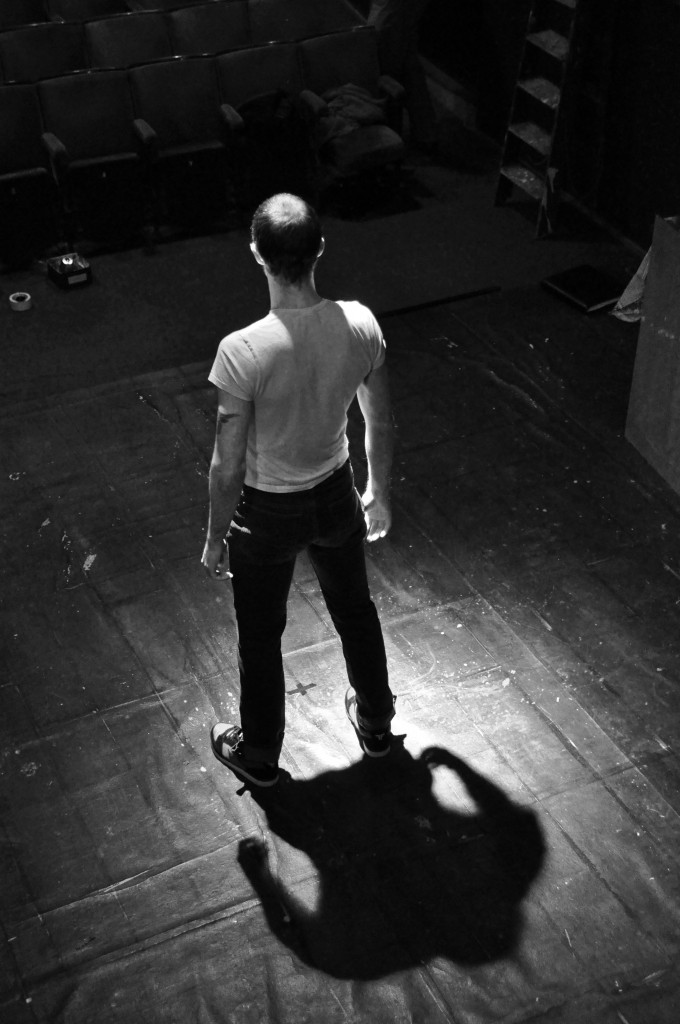 “All the world is a stage,
“All the world is a stage,
And all the men and women merely players.
They have their exits and entrances;
Each man in his time plays many parts.”
~ William Shakespeare
(photo source)
Often we see ourselves through the filter of our job titles. Our work becomes such a large part of our identities. And why shouldn’t it? We spend so much time working, making a living, getting ahead, and thinking about how we fit into our workplace that sometimes its difficult to separate who we are from what we do.
When we meet new people, one of the first things we ask each other, right after names, is “What do you do? Where do you work?”
Rightly or wrongly, the answer “bank CEO” will earn a different reaction than “ditch digger.” People’s perception of where we land on the food chain and how we fit into the world – into THEIR world – can be influenced by how we spend our 40 hours a week.
Then, suddenly if that job disappears, that title, that thing that seemed to reflect our identity, also disappears.
We are simply….ourselves.
Many people have lost jobs lately and I imagine that many of these folks have also lost their sense of who they are. It is easy to do when suddenly, you have nowhere to go in the morning. No office, no assignments, no meetings. No income.
During a job loss we need to remember that we are so much more than a work title. We are mothers, sisters, dads, brothers, sons, daughters and friends. We are artistic, smart, funny, caring and talented. We are cancer survivors, adventurers, singers, athletes and problem solvers. Those are the things that we are, that we always will be, no matter what our job title is.
True, a job gives us a sense of purpose and responsibility but it doesn’t define who we are as a person. Unemployment can be a time to really discover other important aspects of what makes us tick. As noted psychologist and educator Virginia Satir once said, “We must not allow other people’s limited perceptions to define us.”

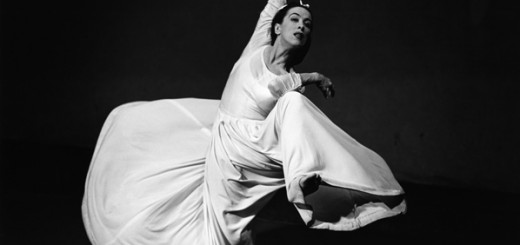





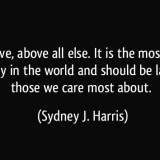
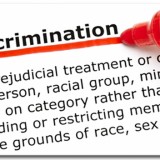


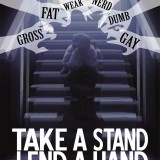
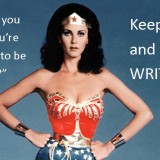


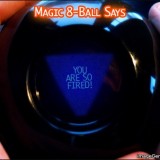



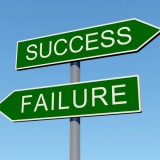




Patti is right about it being an opportunity to work on thing you care about, but it also seems to be true that age discriminationis alive and well. It is ironic that at a time when the nation needs more people working to produce more, that younger people (at least in my case) are only too happy to get rid of older workers. Experience and knowledge appear to have no value to younger generations.
Gerry, I have heard several “mature” workers express the same thoughts. I know as I was coming up through the ranks, I was in awe of those with institutional knowledge and experience who could teach me what they knew. I don’t know if the learning model has changed to reflect today’s fast pace and need for instant info. Witness our schools, which are giving our students laptops and online courses and getting rid of teachers so as to save money in salaries. I’m wondering if these are the type of practices that teach young people how to view experience and knowledge. Thanks for the comment.
Thanks for sharing these observations, Patti. May I add that the same thing (loss of identity) CAN happen at retirement. Granted, that kind of job loss is at the worker’s discretion (usually), but the existential question “who am I, now?” rears its ugly head in much the same way. For men, in particular, retirement and the loss of identity it fosters can literally be deadly. What I, as a brand-new retiree, am learning is it’s important to continue to calendar activities as I did when working, only this time they’re what I want to do instead of what my clients expect me to do. Physical fitness is suddenly something I have time for; also, more talks and gatherings with friends, mind-stimulating classes from Osher Lifelong Learning Institute and the joy of working with clay in Kerry Moosman’s handbuilt pottery class, and all kinds of plays and concerts. When these are on my calendar, I have lots to look forward to when I awaken (at a luxuriously late hour, now!) and that anticipation keeps me happy and healthy mentally. Perhaps calendaring at least one fun event every day could do the same for job-seekers.
Diane, great observation about retirement, and one I hadn’t thought of. I have heard of people who retire and basically lose their zest for life, because all they had was their work. I love your examples about how you stay active and keep learning – I think keeping some level of structure in life is important. When I lost a job I still got up early every day, got dressed, sent emails, did research, made calls, and met people for coffee, just to stay connected. Hard to do, but it worked. Your idea of calendaring in something fun every day is smart (we should all heed that!). Another suggestion I’ve read for folks who’ve lost their job is to try to do a bit of volunteering and helping others. Not only is it a way to learn new skills and meet people, but it also takes the focus off your own problems and helps others. Basic good karma! Thanks for commenting.